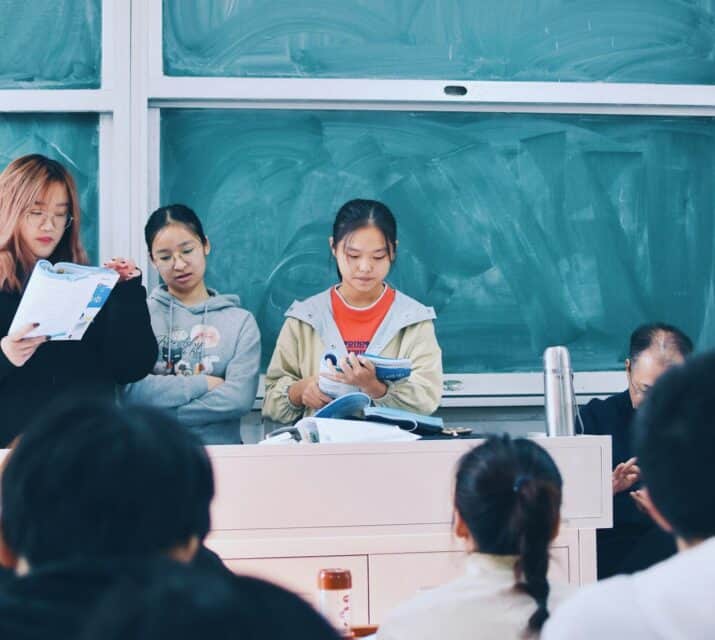The Association of Australian Education Representative in India has compiled a code of conduct and ethical practice.
At the organisation’s annual general meeting in New Delhi on March 15, AAERI unanimously adopted the guidelines, which seek to give members a “definitive guide” on how they should work and act while performing their jobs.
The code requires members to be “straightforward and honest”, not allow professional judgment to be compromised by bias or conflict of interest, maintain professional competence and due care in dealings and respect client confidentiality.
“[The code] helps build a strong, value-centred culture,” Nishidhar Reddy Borra, AAERI president said.
“It gives our members a structure and helps them understand what’s expected of them. This code addresses many issues & ensures that all members adhere to the association policies and ensure compliance with both Indian and Australian legal system.”
Among the set of standards for international students recruited for Australian institutions are the need for members to abide by:
- ESOS Act, 2000
- London Statement, 2012 – Ethical Statement and Principles (Annexure 1)
- National Code Part D, Standard 4
- Australian International Education and Training – Agent Code of Ethics
The code notes that conflicts of interest “may arise” when AAERI members are not impartial when dealing with international students. Members must identify conflicts of interest if they arise to relevant authority and take appropriate action.
AAERI said members will be expelled if they do not adhere to the rules, if they have broken any national laws (which extends to members who licensee/franchisee/partners/associates using the brand of the agency) and “repeated instances” of failure to comply with the code or conduct that has damaged the Study Australia brand or brings the reputation of AAERI into disrepute.
On sub-agents and operations with third parties, it says that the principal agency should “interact directly” with potential students, apply for admission, carry out GTE assessment and lodge the appropriate student visas.
AAERI members who are contractually permitted to engage sub-agents should declare “engaged sub-agents” to universities.
A recent survey of 100 agencies across India and Nepal found that close to two-thirds work with sub-agent networks.
If the third party is solely generating leads, then the partner “must not go beyond making a referral and the full process applications and visa must be handled by the principal agency”.
The details provided in Australia’s Provider Registration and International Student Management System will confirm to universities who the principal agent is. If the details are different, the information is not valid and the code of conduct has been violated.
In the past, minority partners in agent franchisees have fallen foul of the law, with principal agents terminating contracts.
AAERI members must have a counsellor who has completed the PIER certification and the code also covers refund and advertising policy.
Members are required to notify the Department of Home Affairs if they suspect that a document is false or misleading or if an applicant is not a genuine student.
They must also not arrange financing or funds to help international students with their student visa processing or their study in Australia, it added.
“AAERI members should strive to ‘live by the Code’, not simply look at it”
The PIE previously reported in 2021 that in other markets, organisations were promoting the opportunity to study abroad by allegedly offering loans to bypass financial evidence requirements.
“AAERI members should strive to ‘live by the Code’, not simply look at it,” the organisation said.
“The subscription to AAERI Code of Ethics by its membership will strengthen the association’s identity, in turn further strengthening the effectiveness of the Code.
“It is anticipated that the Code will be reviewed and updated at regular intervals, in order to continually reflect the identity and values of the membership, the dynamic nature of AAERI, and its relevance in the international education sector.”
AAERI has recently warned that its members’ students have been told withdraw applications before their visa decisions have been returned by authorities. This has blamed on universities in Australia seeking to mitigate their visa assessment level.
Last year, some 12 universities temporarily stopped recruiting students from the states of Punjab and Haryana due to an increase in the number of visa refusals and concerns about students’ academic progress.










